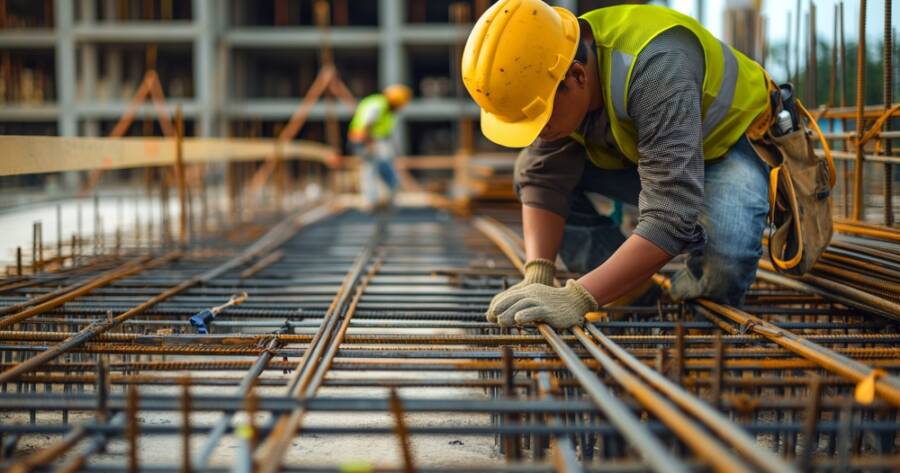Construction work is the foundation of our physical world. From residential homes and office buildings to roads, bridges, and skyscrapers, construction workers play a critical role in shaping the environments we live and work in. It’s a career that offers hands-on experience, solid pay, and real opportunities for advancement. But to thrive in this field, workers must possess a unique blend of physical, technical, and interpersonal skills.
Physical Strength and Stamina
First and foremost, physical strength and stamina are essential. Construction work is physically demanding, often requiring long hours on your feet, lifting heavy materials, and working outdoors in varying weather conditions. A high level of physical fitness is not only important for productivity but also vital for injury prevention and overall endurance on the job.
Manual Dexterity and Coordination
Manual dexterity and hand-eye coordination are also key components of a successful construction worker’s skill set. Many tasks require precise movements, whether it’s using hand tools, cutting materials, or operating power equipment. Being able to work with accuracy and control is particularly important in trades that demand fine detail, such as electrical work, finish carpentry, or plumbing.
Basic Math and Measurement Skills
While physical capabilities are a significant part of the job, mental skills are just as crucial. A solid grasp of basic math and measurement is necessary to interpret blueprints, calculate dimensions, and ensure materials fit correctly. Workers often need to work with fractions, angles, and volume measurements—skills that contribute directly to the accuracy and safety of a construction project.
Tool and Equipment Knowledge
Tool knowledge is another core requirement. Construction workers must be proficient with a wide range of hand tools and power tools. Beyond knowing how to use them, understanding how to maintain and troubleshoot tools can prevent job delays and ensure safety on site. Familiarity with machinery and site equipment like forklifts, scaffolding, and concrete mixers is also beneficial, depending on the specific role.
Strong Safety Awareness
Safety awareness cannot be overstated. Construction sites can be hazardous environments, so knowing how to work safely is imperative. Workers must be trained in occupational health and safety standards, including the use of personal protective equipment (PPE), proper lifting techniques, and protocols for handling hazardous materials. A strong safety mindset protects not only the individual worker but the entire team.
Teamwork and Communication
Teamwork and communication skills are equally important in this collaborative field. Construction workers often work closely with supervisors, engineers, architects, and fellow tradespeople. Being able to communicate clearly, follow directions, and contribute to a team effort ensures that projects move forward efficiently and harmoniously.
Problem-Solving and Adaptability
In addition to collaboration, problem-solving and adaptability are crucial. Construction projects don’t always go according to plan. Weather, supply delays, or unexpected complications can arise, and workers who can think critically and adapt quickly are invaluable assets on any job site.
Attention to Detail
Attention to detail is another must-have trait. Precision is key in every aspect of construction. Even minor errors can lead to major issues, from structural weaknesses to expensive rework. Following plans closely, checking measurements, and reviewing work help ensure that the finished product meets high standards.
Time Management
Time management also plays a significant role. Construction work is deadline-driven, and being able to stay on schedule, manage tasks efficiently, and prioritize responsibilities is essential to keeping projects on track.
Willingness to Learn and Grow
Lastly, a willingness to learn and grow can greatly enhance a construction career. The industry is constantly evolving, with new materials, tools, technologies, and regulations. Workers who are open to ongoing education, certification programs, and skill development will find more opportunities for advancement and specialization.
Building Skills for a Stronger Future
Construction work demands more than just muscle, it requires a combination of practical skills, safety awareness, and a strong work ethic. By developing these capabilities and committing to continuous learning, aspiring construction workers can build not only structures, but a fulfilling and sustainable career in the industry.

